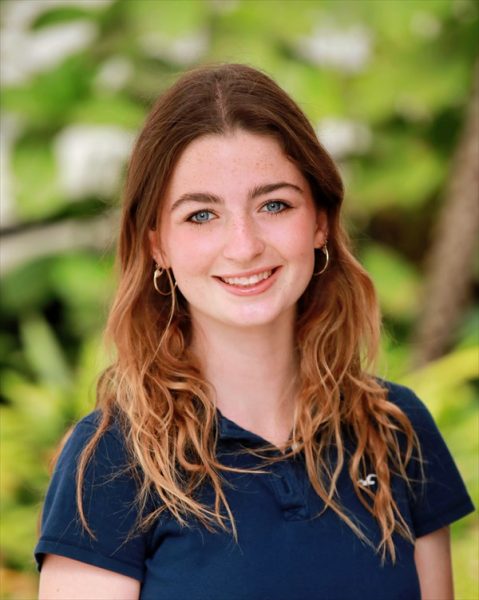State of Grace: Girls just wanna have funds
September 24, 2020
When I cashed my first paycheck from my part-time job at a workout studio nearly two years ago, I felt overjoyed to have a sense of responsibility as it meant I was able to begin saving money of my own for college and to have a little more fiscal freedom at the Corte Madera shopping center.
Part of that initial excitement quickly turned into confusion when my best friend and I looked through our paystubs and realized how many terms and concepts we were unfamiliar with because, for the majority of our lives, we had been told that money was an inappropriate topic to discuss.
Women hold between 5% and 12% of the top executive positions in the S&P 500, according to the Pew Research Center. This large gender equality is credited to the fact that young men are taught about finances and begin investing in the stock market typically far sooner than young women.
Carrie Schwab Pomerantz, a philanthropist and financial literacy advocate, conducted a survey of 2,000 young adults between the ages of 16 through 25 to gage a sense of their financial independence and general knowledge thereof. Fifty-one percent of females said that financial independence and being able to fully support oneself without parental support is an important measurement of success — only 40% of males in the survey agreed with this statement.
Contrastingly, the average male reported to have $2,000 of savings while the average female had roughly $1,300, and young men doubled the number of young women who had created investment portfolios.
The key to breaking down the barriers of gender inequality in the workplace begins at home and inside the classroom. Children and teens should be taught basic financial literacy skills and feel comfortable asking questions so that they are set up for success later in life in professional environments.
Young women have the power to change the world, but to do that we must educate ourselves on financial matters and make time to ask those tougher questions in order to feel confident as young adults entering the professional world.









